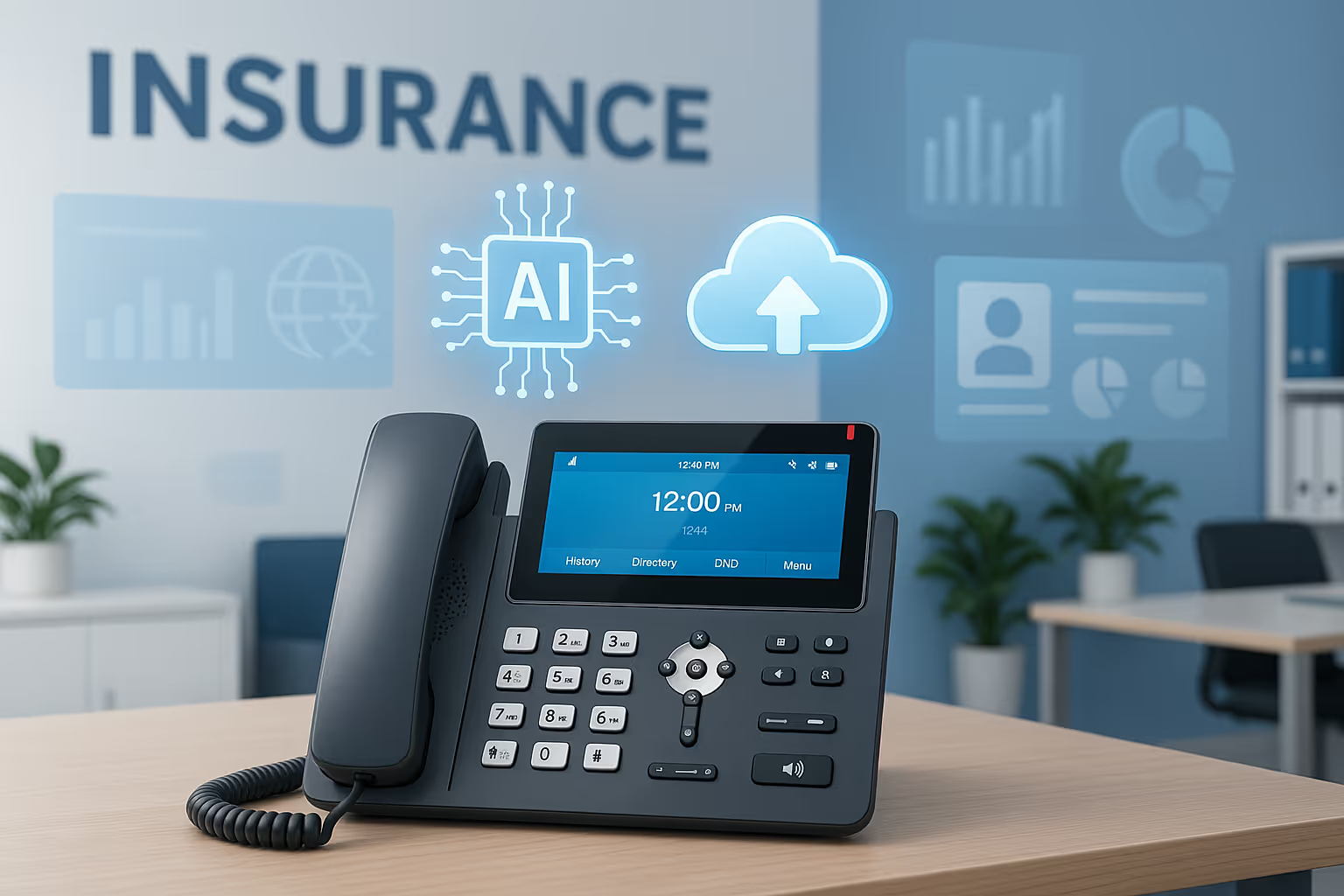Reshaping the Healthcare Landscape with AI: A New Era of Possibilities
With a labyrinth of healthcare challenges looming ever larger, generative AI emerges as a beacon of transformation. From diagnosis to treatment, AI is not just an innovative tool—it's an integral cog in the machinery of modern medicine. This article navigates the shifting paradigm, highlighting how AI, particularly platforms like Fluents, is redefining healthcare interactions, ultimately unlocking unprecedented efficiency and accuracy.
The Pressing Challenge in Healthcare: Burdened Operations and Fragmented Communication
In today's healthcare environment, the complexity and volume of information alone pose a formidable challenge. Healthcare providers grapple with immense data influx, necessitating rapid, accurate decision-making, all while maintaining a high standard of care. Personal interactions, often prone to misunderstandings and inefficiencies, further complicate scenarios like patient intake and compliance management.
Traditionally, manual interventions have meant juggling multiple areas—scheduling, compliance verification, and patient communications—all rife with opportunities for errors and delays. Here lies the foundational operational challenge that AI aims to address, transforming it into a seamless, integrated process.
Leveraging AI for Revolutionized Workflows and Improved Patient Outcomes
Enter Fluents, not just a tool but a game-changer in automating and streamlining healthcare operations. Imagine voice AI agents adeptly handling appointment scheduling, prior authorizations, and patient follow-ups in real time, with a precision that mirrors human interaction but exponentially scales it.
Fluents uniquely integrates sub-second latency responses and audit-ready transcripts, setting a new benchmark for compliance and operational reliability. Its voice agents manage both inbound and outbound conversations, effortlessly capturing consent and ensuring accuracy in critical interactions. Consider how this capability not only alleviates administrative burdens but directly enhances patient satisfaction and engagement—a keystone in healthcare excellence.
Ethical and Technological Implications: Navigating the Double-Edged Sword of AI
AI's embedded role in healthcare ushers in discussions far beyond operational efficiencies. Ethical considerations surface as AI takes a front seat in patient management. The responsibility lies in ensuring transparency in AI-driven decisions, upholding patient privacy, and maintaining rigorous security protocols.
Technologically, AI systems like Fluents need to be agile, interoperable, and consistently learning as they face ever-evolving data and regulatory landscapes. Here, the convergence of technology and ethics is not a hurdle but a guiding principle shaping AI deployment in healthcare environments.
The Road Ahead: Pioneering Innovations and the Future of Healthcare
As generative AI continues to influence healthcare, the path forward brims with potential yet demands conscientious innovation. Future AI systems will need to assimilate increasingly sophisticated data streams, evolving from mere support tools to proactive partners in healthcare delivery.
Fluents exemplifies this future direction, where AI seamlessly integrates with existing infrastructures to enhance human expertise without replacing it. As AI advances, its role will likely expand into predictive analytics, community health management, and personalized medicine.
In closing, the healthcare landscape stands on the cusp of a formidable transformation. With generative AI at its helm, it promises a future where operational workflows no longer bottleneck care but instead unlock a new era of patient-centered excellence, defined by speed, accuracy, and an unwavering commitment to better health outcomes.
From 10 calls a day to 85,000, Fluents scales with you. Automate globally, integrate deeply, and never worry about your call infrastructure again.

Stay Connected
Check out our latest updates, customer stories, and resources to keep leveling up with Fluents.
FAQs on Generative AI in Healthcare
Discover answers to common questions about how generative AI is revolutionizing healthcare operations and patient care.
AI revolutionizes healthcare operations by tackling the pressing issue of managing vast data and improving decision-making accuracy. Platforms like Fluents specifically address these challenges through automation, significantly reducing administrative burdens. Key capabilities include:
- Real-time appointment scheduling
- Handling prior authorizations
- Efficient patient follow-ups
Fluents utilizes voice AI agents that emulate human interaction, ensuring both precision and scalability. This shift not only streamlines workflows but also enhances patient satisfaction and engagement by minimizing errors and delays. In essence, AI transforms complex, manual processes into seamless, integrated operations, allowing healthcare providers to maintain high care standards efficiently.
The integration of AI in healthcare introduces critical ethical considerations. As AI takes a prominent role in patient management, there's a responsibility to ensure transparency in decision-making processes. Patient privacy must be upheld, with stringent security protocols to protect sensitive data. Moreover, organizations must balance technological advancement with ethical principles, ensuring AI decisions are understandable and fair. The deployment of AI requires a delicate balance between operational efficiency and ethical obligations, with ongoing assessments to adapt to evolving regulations. This accountability forms the backbone of trust and acceptance in healthcare AI applications.
Generative AI promises a transformative future in healthcare, where systems evolve into proactive partners in delivering care. Future innovations include predictive analytics, enhancing community health management, and enabling personalized medicine. Fluents sets a precedent by integrating AI with existing infrastructures to complement human expertise. As AI technology advances, it will further adapt, processing sophisticated data streams to anticipate health trends and personalize treatment plans. This evolution ensures operational workflows eliminate bottlenecks, fostering a new era of patient-centered care marked by speed, accuracy, and improved health outcomes, ultimately paving the way for sustainable healthcare excellence.




